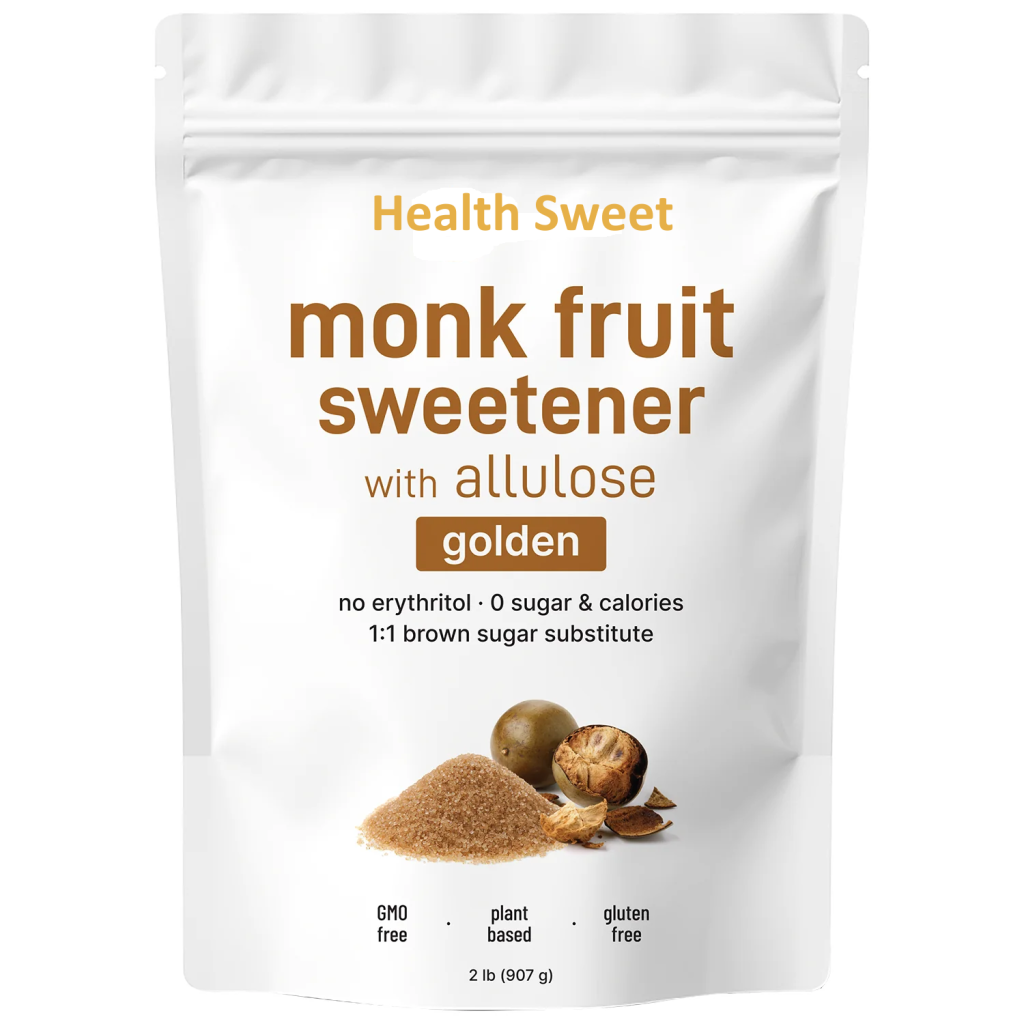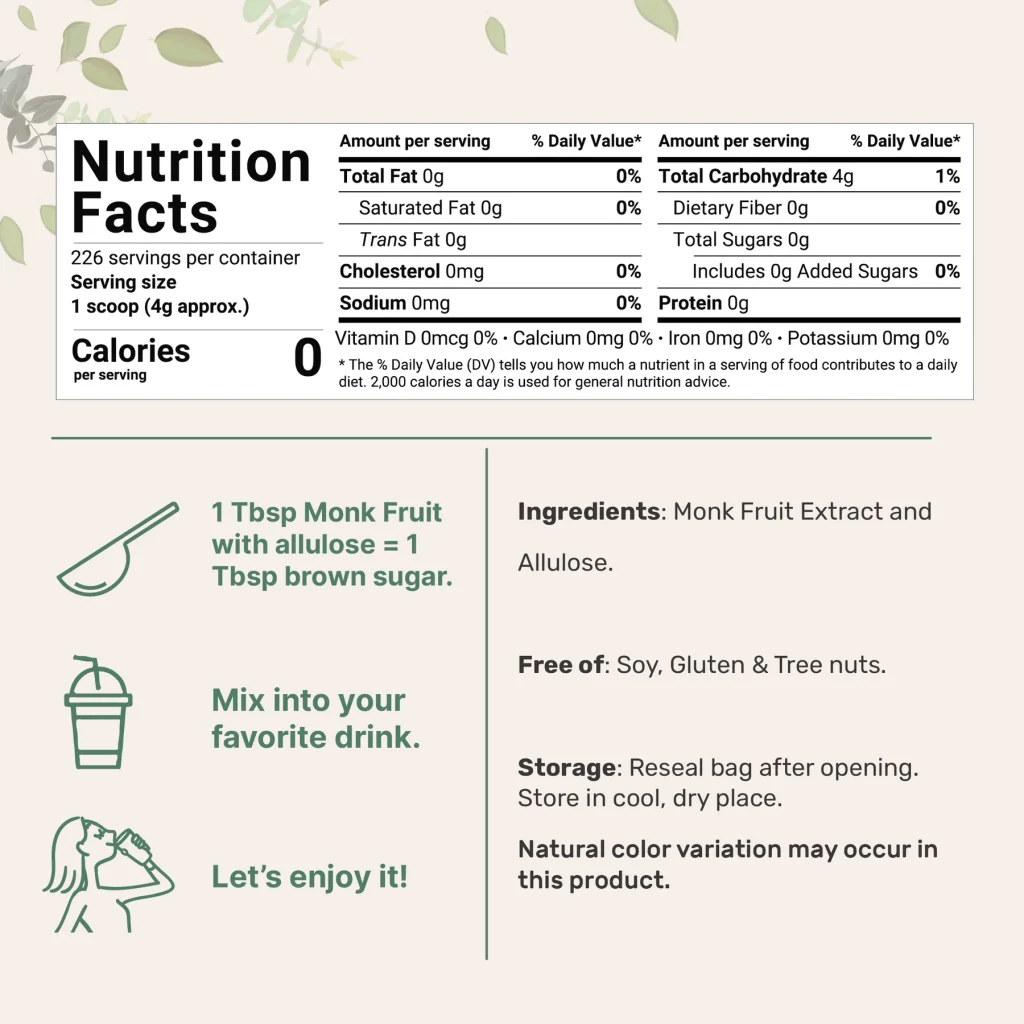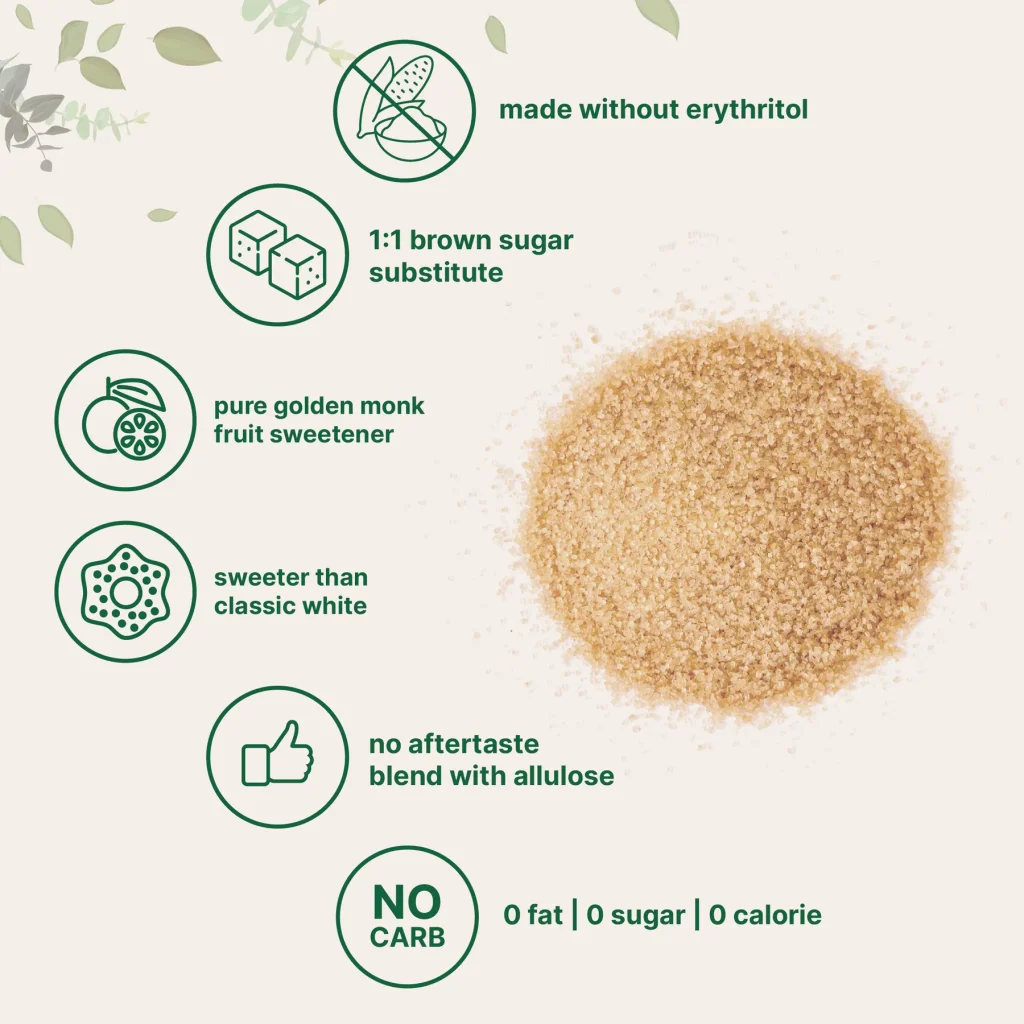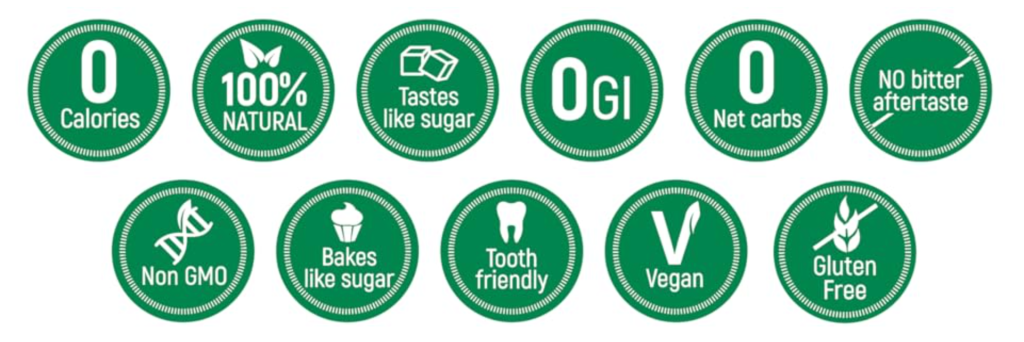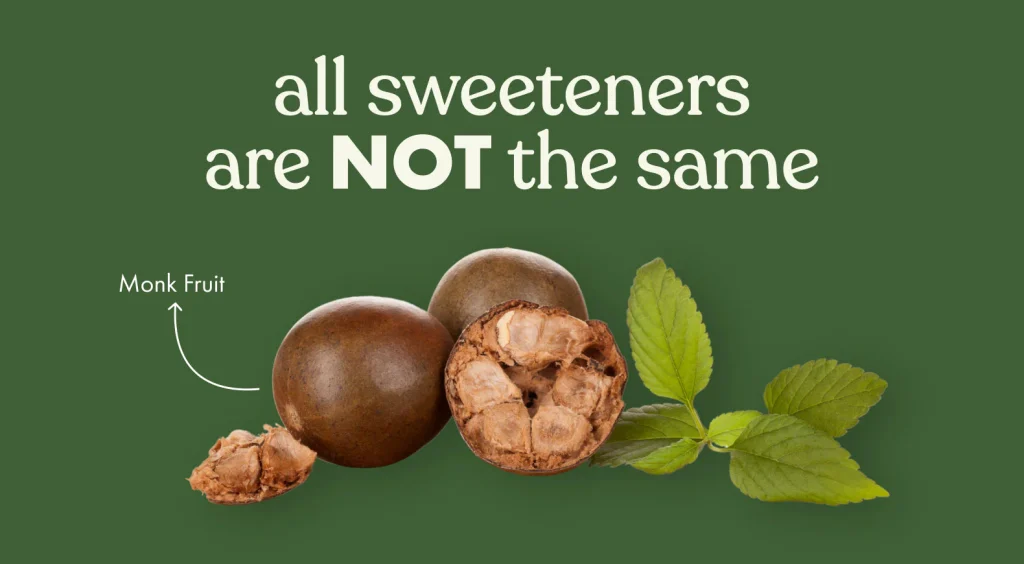What’s Monk Fruit(Luo Han Guo) ?
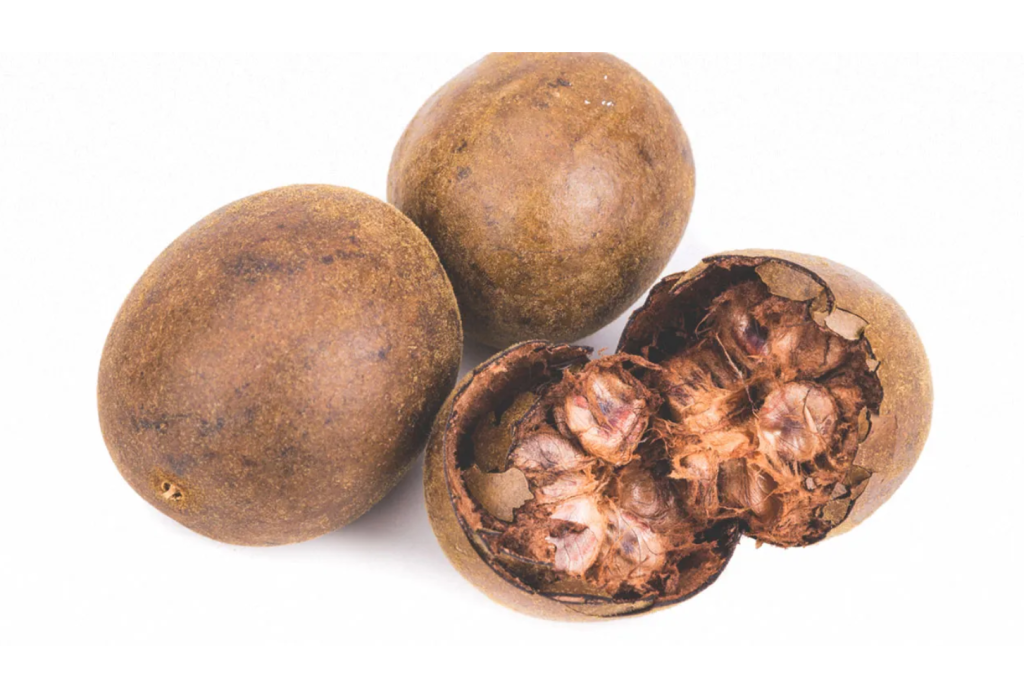
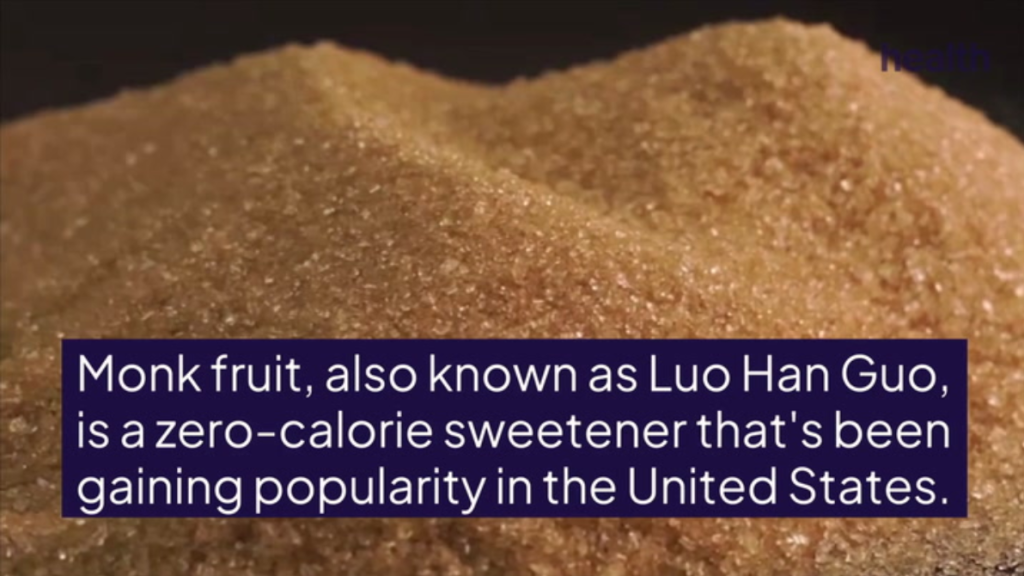
Monk fruit has been grown in southern China for hundreds of years. It’s a small, melon-like fruit, and gets its name from the Buddhist monks who originally grew it centuries ago.
Monk fruit is also known as Swingle fruit (Siraitia grosvenorii) or lo han guo. It’s from the same food family as gourds like pumpkin and melon. It’s been used for medicinal purposes in eastern countries to treat intestinal problems and the common cold. Its use as a sweetener is fairly new.
This fruit is naturally very sweet. Depending on the mogroside content, monk fruit is reported to be 100 to 250 times sweeter than sugar. The sweetness comes from antioxidants in the fruit itself.
Because of this, it’s naturally a low-calorie sweetener. Luo Han Guo sugar is made in four general steps:
- The fruit is crushed, releasing the juice
- It is then mixed with hot water and filtered to reveal the fruit infusion
- The sweet infusion is dried to create a powder known as monk fruit sugar
Health Benefits of Luo Han Guo
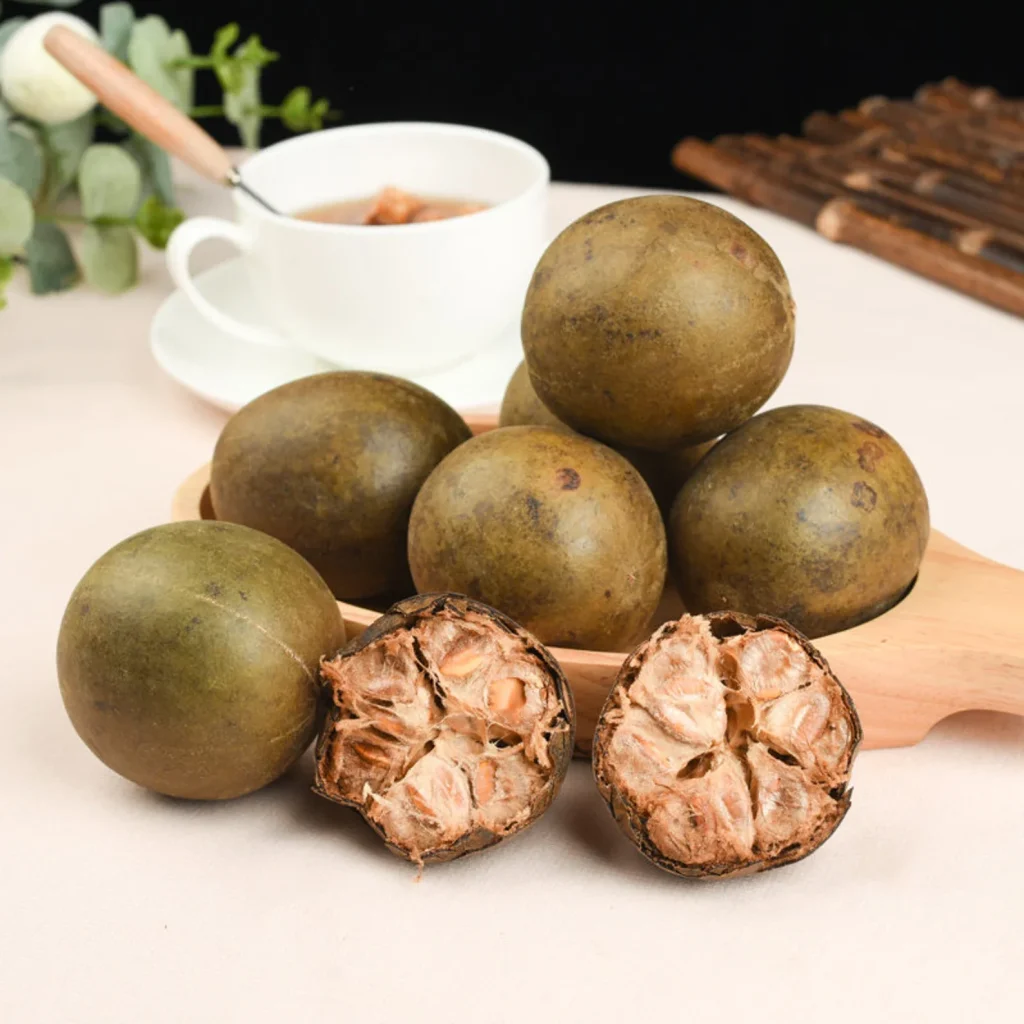
Most sweeteners come with an aftertaste. Although taste is subjective to each person, Luo han guo sugar has reportedly little to no aftertaste.
It comes with its own set of benefits as well. These include, but aren’t limited to:
- It reduces calories. Because Luo han guo sugar is metabolized differently than regular sugar, you can reduce your caloric intake by using it.
- It doesn’t affect blood sugar. Luo han guo sugar doesn’t affect your blood sugar levels and can improve your glycemic control.
- It’s anti-inflammatory. The sweetener in monk fruit sugar, also known as mongrosides, has anti-inflammatory effects.
- It can help fight cancer. Mongrosides can help your body fight cancer.
- It doesn’t cause cavities. Since there’s no actual sugar inside monk fruit sugar, you don’t need to worry about it causing cavities.
- You only need a little. Since it’s 150-200 times sweeter than sugar, you only need a pinch to get the desired taste, making it last longer than sugar.
Monk Fruit for Dietary Needs
Monk fruit sugar has been given the stamp of approval from the Food and Drug Administration (FDA), and given the title of Generally Recognized as Safe (GRAS).
Because monk fruit sugar doesn’t change your blood sugar levels, that makes it a safe option for people with diabetes. It’s also often used as a sugar substitute in keto diets.
Monk fruit sugar has been approved for general use in the U.S., so children and pregnant people can enjoy it as well. However, there’s a lack of research in these specific areas. Use it sparingly, as you would with other sweeteners. Make sure to talk to your doctor before using this sugar substitute or any others if you have a medical condition.
How to Use Monk Fruit Sugar
Luo han guo sugar can replace regular sugar in lots of different ways. Swapping sugar out for monk fruit substitute can help you decrease your sugar and carbohydrate intake.
This alternative is 150-200 times sweeter than sugar, so use it sparingly. Because it’s extremely sweet, it’s often mixed with other sweeteners. Always read the product label and see what works for you.
Try using monk fruit sugar in the following ways:
- Sprinkle it on fruits for extra sweetness
- Use it in coffee or tea instead of sugar
- Add it to sweeten dairy products like yogurt
- Use it instead of sugar in your favorite recipes
This sweetener stays stable at high temperatures, making it perfect for baking.
Monk fruit has been used for hundreds of years in China and other countries without showing any negative effects. However, there’s a lot unknown about this fruit, and its full effects are still being studied in the western world.
